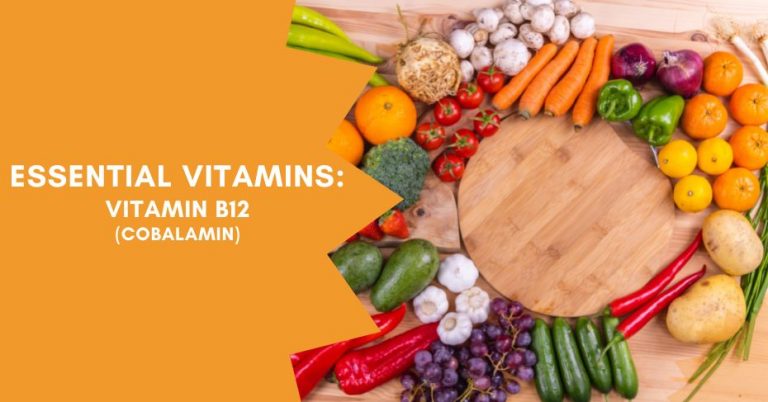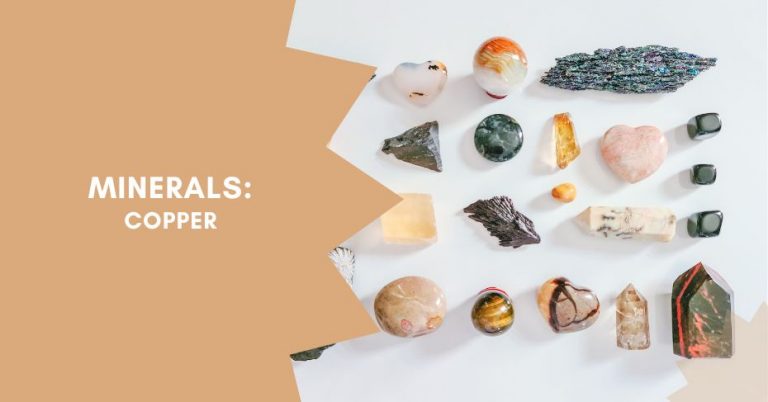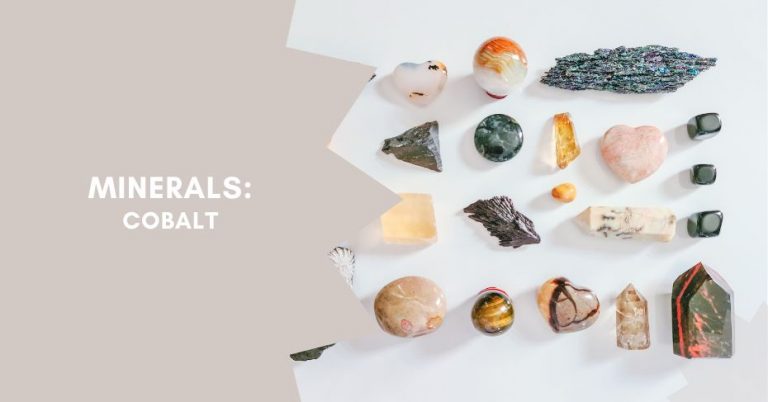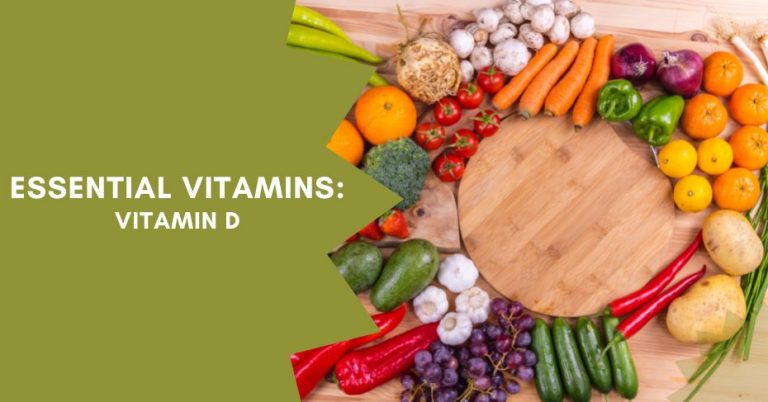Iron is an important mineral for overall health and wellness. It plays a key role in the production of red blood cells, which are responsible for carrying oxygen to our cells. Without enough iron in our diet, we can develop anemia, which can lead to fatigue, poor concentration, and other symptoms. So how can you make sure you’re getting enough iron? Let’s take a closer look.
What Does Iron Do?
Iron plays a key role in many biological processes, including energy production, immunity, cognitive development, and growth. It also helps to form hemoglobin, which carries oxygen from the lungs to other parts of the body. Low iron levels can cause fatigue and poor concentration, as well as anemia. To avoid these issues it’s important to make sure you’re getting enough iron in your diet.
Why We Need Iron
Iron plays a crucial role in many bodily functions, such as energy production, muscle strength, immunity, and mental health. Without enough iron in your system, your body won’t be able to produce the necessary amount of hemoglobin needed for adequate oxygen levels throughout the body. This can lead to fatigue and even anemia. Iron also helps the body absorb vitamin A, which is vital for proper immune function and growth.
Iron Absorption & Enhancers
The absorption of dietary iron is affected by certain factors such as food composition (whether it contains enhancers or inhibitors) and the amount of acid present in the stomach when you eat it. Vitamin C has been shown to enhance nonheme iron absorption while calcium can inhibit both heme and nonheme absorption—so it’s best to avoid taking calcium supplements with meals containing these forms of dietary iron. Additionally, tea polyphenols can interfere with nonheme absorption so you should avoid drinking tea around mealtimes whenever possible if you’re trying to optimize your intake of this mineral.
Sources of Iron
The best way to ensure that your body has adequate iron levels is by eating a balanced diet with plenty of iron-rich foods. Animal sources like beef and chicken liver are particularly high in iron, as are fish such as mackerel, salmon, and tuna. Plant-based sources include legumes such as beans and lentils, leafy greens like spinach and kale, nuts such as almonds and cashews, and whole grains like quinoa and oats.
Iron Supplements
In some cases, your doctor may recommend taking an iron supplement if your diet isn’t providing enough of the mineral on its own. Before doing so, however, it is important to talk to your doctor about the potential side effects of taking too much iron (which includes nausea, vomiting, constipation). It’s also important to note that certain medications may interact with iron supplements in potentially dangerous ways; always follow your doctor’s advice when taking any new medication or supplement.
Absorbing Iron Vitamin C helps our bodies absorb more of the iron we consume from food sources, so it’s helpful to pair plant-based sources of iron with foods that are high in vitamin C (such as citrus fruits). Additionally, it’s best not to take calcium supplements with meals containing high amounts of dietary iron; calcium interferes with the absorption of dietary iron into our bodies.
Supplements vs Food Sources
While supplements are an option for those who are unable or unwilling to get enough dietary sources of iron from their diet (such as vegetarians or vegans) there are potential risks associated with taking too much supplemental iron such as constipation or even more serious conditions like organ damage or liver failure if taken over a long period of time at high doses without medical supervision. As always before starting any supplement regimen it’s best to speak with your physician first! Eating a varied healthy diet with adequate amounts of both heme and non-heme sources of dietary iron should be enough for most people but if additional supplementation is needed then it should be closely monitored by a doctor.
Bottom Line
Iron is an essential nutrient for overall health and wellness. By getting enough through your diet or through supplementation under the supervision of your doctor, you can help ensure that you have adequate levels of this important mineral in your system at all times. Eating a balanced diet rich in animal proteins and plant-based sources while avoiding foods that interfere with absorption can help you get the most out of each meal you eat!





